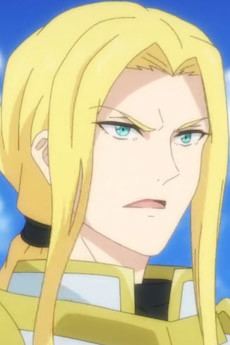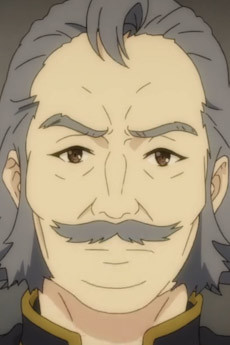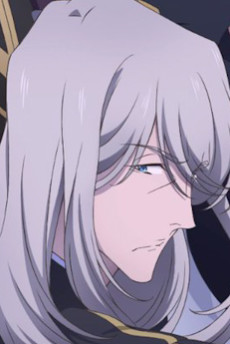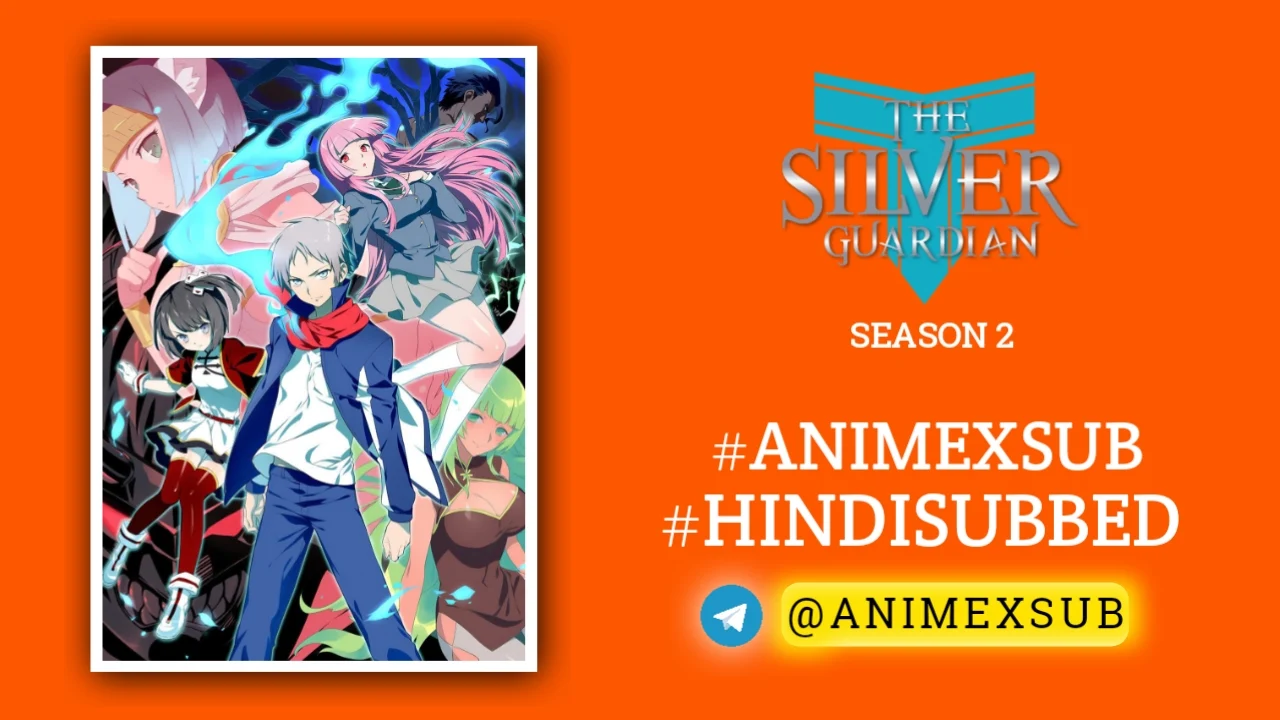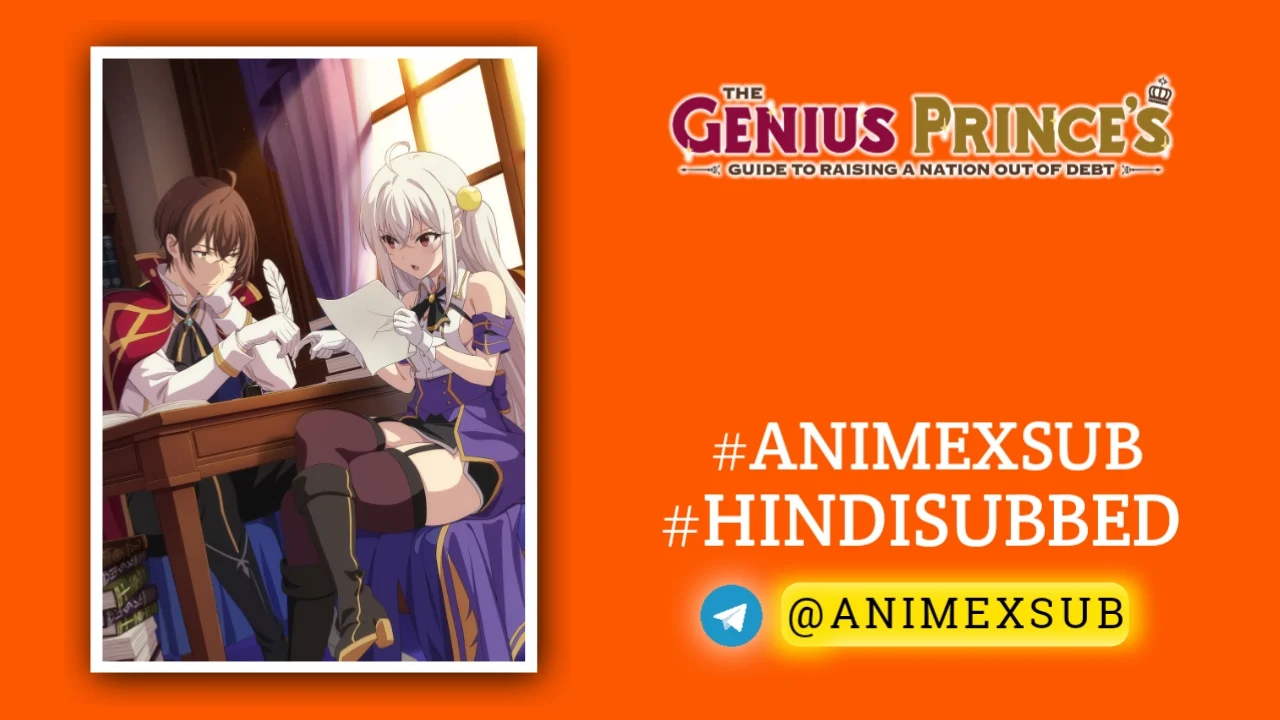
The Genius Prince’s Guide to Raising a Nation Out of Debt Hindi Subbed [12/12] {Complete}

Tensai Ouji no Akaji Kokka Saisei Jutsu
The Genius Prince's Guide to Raising a Nation Out of DebtSynopsis
Once upon a time in a far away land there lived a prince, a genius prince. The genius prince fought alongside his people and led them to a great many triumphs. However, truth be told, he just wants to let everything go and live in tranquility. (Source: Funimation)
Watch Trailer
Characters
The Genius Prince’s Guide to Raising a Nation Out of Debt, Season 1: A Masterclass in Subversive Fantasy and Political Intrigue
In a landscape saturated with fantasy anime tropes—overpowered protagonists, sprawling harems, and predictable redemption arcs—The Genius Prince’s Guide to Raising a Nation Out of Debt (Season 1, 2022) emerges as a singular force, redefining what a fantasy narrative can achieve. Adapted from Toru Toba’s light novel series and brought to life by Yokohama Animation Laboratory, this 12-episode gem is a cerebral, comedic, and cunning exploration of leadership, deception, and the unintended consequences of brilliance. It’s a series that doesn’t just entertain—it challenges viewers to rethink the nature of power, loyalty, and ambition in a way that feels both timeless and revolutionary. This review dives deep into why Season 1 is a next-level triumph, blending incisive political commentary, unforgettable characters, and a narrative that dances between hilarity and high stakes with unparalleled finesse.
A Premise That Defies Convention
At its core, The Genius Prince is built on a delightfully subversive premise: Prince Wein Salema Arbalest, the young regent of the impoverished Kingdom of Natra, is a genius who desperately wants to fail. Burdened with ruling a weak nation in the far north of the Varno continent, Wein’s sole ambition is to sell off his kingdom, retire to a life of leisure, and escape the crushing responsibilities of leadership. Yet, every scheme he concocts to offload Natra backfires spectacularly, resulting in accidental victories that cement his reputation as a brilliant ruler. This ironic twist—where failure breeds success—sets the stage for a narrative that is as much a satire of governance as it is a thrilling tale of political maneuvering.
Unlike many fantasy anime that lean on brute force or magical prowess, The Genius Prince thrives on intellectual battles. Wein’s strategies, often depicted through chessboard-like visuals, transform wars and diplomatic negotiations into intricate puzzles. The show’s refusal to rely on over-the-top battle sequences (a choice some criticize for budget-saving reasons) is a strength, emphasizing cunning over spectacle. When a sword slices through plate armor like butter, it’s less a flaw and more a stylistic nod to the series’ focus on brains over brawn.
Wein and Ninym: A Dynamic Duo Redefining Relationships
The heart of the series lies in the relationship between Wein (voiced by Soma Saito in Japanese, Dallas Reid in English) and his aide, Ninym Ralei (Rie Takahashi, Michelle Rojas). Their dynamic is not just endearing—it’s a narrative cornerstone that elevates the show beyond its peers. Ninym, a member of the oppressed Flahm minority, is Wein’s confidante, enforcer, and moral compass. Their bond, forged during their time at the Empire’s Royal Academy, is a complex mix of loyalty, unspoken affection, and mutual understanding. Wein’s public persona as the flawless prince crumbles in Ninym’s presence, revealing a petulant, scheming young man who dreads his duties. Yet, when Ninym’s honor or the Flahm’s dignity is threatened, Wein’s laid-back demeanor gives way to a fierce, almost terrifying resolve, hinting at a deeper, perhaps darker, motivation.
This relationship is the series’ emotional anchor, avoiding the pitfalls of harem clichés. While characters like Lowellmina Earthwold (Nao Tōyama, Alexis Tipton) and Princess Zeno add intrigue, the show steers clear of romantic entanglements, keeping Ninym as Wein’s singular “heart.” Fans on platforms like Reddit have expressed relief at this, hoping the series avoids a harem trajectory in favor of deepening Wein and Ninym’s bond. Their interplay—marked by Ninym’s sharp reprimands and Wein’s comedic whining—grounds the series’ lofty political themes in human connection, making every triumph and setback feel personal.
A World of Intrigue and Depth
The world of The Genius Prince is a masterclass in economical yet evocative worldbuilding. The Kingdom of Natra, dwarfed by neighboring powers like the Earthwold Empire and Marden, is a microcosm of vulnerability and ambition. The show’s political landscape is rich with scheming nobles, rival empires, and oppressed minorities like the Flahm, whose plight adds a layer of social commentary rarely seen in anime. Wein’s maneuvers—whether outwitting Marden’s invasion or navigating marriage proposals from the cunning Lowellmina—reveal a world where every decision ripples outward, affecting allies and enemies alike.
The series’ pacing, while occasionally rushed (a common critique, particularly for the finale), maintains a brisk rhythm that mirrors Wein’s quick thinking. Each episode introduces new challenges—trade negotiations, rebellions, or diplomatic summits—yet ties them to Wein’s overarching struggle to escape his role. The light novel’s depth is admittedly trimmed for the anime, with some fans noting that Wein’s behind-the-scenes scheming (like authoring a book to destabilize noble power) is only hinted at on screen. Yet, this streamlining keeps the narrative accessible while leaving room for viewers to explore the richer source material.
Why It’s Next-Level
What makes The Genius Prince Season 1 truly powerful and unique is its refusal to pander to genre expectations. It’s not a power fantasy or a feel-good tale of heroism. Instead, it’s a story about the paradox of competence: Wein’s brilliance traps him in a cycle of responsibility he despises. This irony, paired with the show’s sharp humor, makes it both laugh-out-loud funny and intellectually stimulating. The comedy—rooted in Wein’s exasperated monologues and the absurdity of his “failures”—never overshadows the stakes, creating a balance that feels fresh in a genre often dominated by melodrama.
The series also stands out for its nuanced portrayal of leadership. Wein’s public image as a genius prince contrasts sharply with his private desire to shirk duty, offering a critique of the performative nature of power. His schemes, while often played for laughs, reveal a mind capable of manipulating entire nations, drawing comparisons to Code Geass’ Lelouch vi Britannia but with a lighter, more self-aware tone. The show’s ability to weave these themes into a 24-minute episodic format without feeling didactic is a testament to its storytelling prowess.
Critiques and Hopes for Season 2
No series is flawless, and The Genius Prince has its share of critiques. Some viewers, particularly light novel fans, lament the anime’s rushed pacing and omission of Wein’s more ambitious schemes, like his covert efforts to undermine noble power across the continent. The animation, while serviceable, prioritizes static strategy visuals over dynamic battles, which may disappoint action enthusiasts. The final episode, while tying up Season 1’s arcs, feels slightly abrupt, leaving viewers hungry for more resolution.
Yet, these flaws pale against the series’ strengths. With the light novel ongoing (12 volumes as of July 2024) and no Season 2 confirmed as of January 2024, there’s ample material for future adaptations. Fans are particularly eager to see Wein’s adventures in the Patura islands, where his imprisonment and unexpected alliances promise new layers of intrigue. The show’s ability to end on a high note—Wein’s strategic counters to Sirgis and Gruyere showcasing his growth—sets a strong foundation for a potential second season.
A Call to Action
The Genius Prince’s Guide to Raising a Nation Out of Debt Season 1 is a rare anime that dares to be different. It’s a love letter to fans of political intrigue, a satire of leadership’s burdens, and a character-driven story that never sacrifices depth for accessibility. For those who crave fantasy that challenges the mind as much as it entertains, this series is a must-watch. Stream it on Crunchyroll or Amazon, but don’t stop there—dive into the light novels for a deeper look at Wein’s world. This is not just an anime; it’s a revolution in storytelling, one that proves genius can be both a gift and a curse. Here’s hoping Season 2 takes it to even greater heights.
Rating: 9/10 – A near-perfect blend of wit, strategy, and heart, held back only by minor pacing issues and unrealized depth from the source material.
Sources: Information compiled from web sources including IMDb, Reddit, Amazon reviews, and Anime News Network. Specific citations available upon request.
Support Our Anime Community!
Love watching the latest anime? Help us keep uploading new episodes by join telegram channel ❤️
Join Now!











